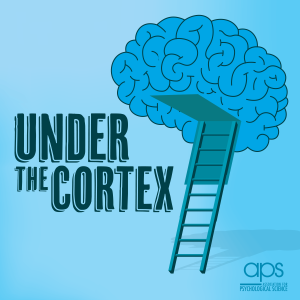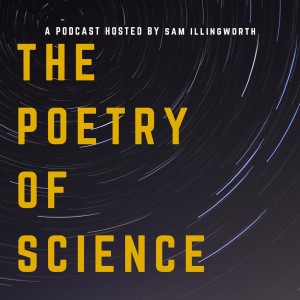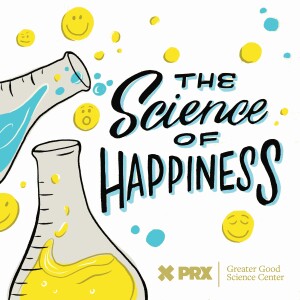

Why do some people struggle to control their actions when emotions run high? What happens in the brain when impulsive decisions take over? Why do some brains lose control under high arousal, while others stay composed?
In this episode of Under the Cortex, host Özge Gürcanlı Fischer-Baum speaks with Matthew V. Elliott from the University of California at Berkeley. Elliott’s study published in APS’s journal Clinical Psychological Science explores the science of emotion-related impulsivity —a trait linked to psychiatric disorders, aggression, and even suicidality. Fischer Baum and Elliott discuss how a new model of brain function, the GANE model, helps explain why heightened physiological arousal makes it harder for some people to regulate their emotions, what norepinephrine does to “hotspot” brain regions, and what this means for mental health treatments.
If you're interested in learning more about this research, visit psychologicalscience.org.
Send us your thoughts and questions at underthecortex@psychologicalscience.org
More Episodes
All Episodes>>Create Your Podcast In Minutes
- Full-featured podcast site
- Unlimited storage and bandwidth
- Comprehensive podcast stats
- Distribute to Apple Podcasts, Spotify, and more
- Make money with your podcast












